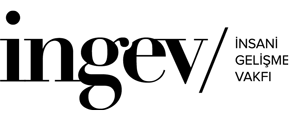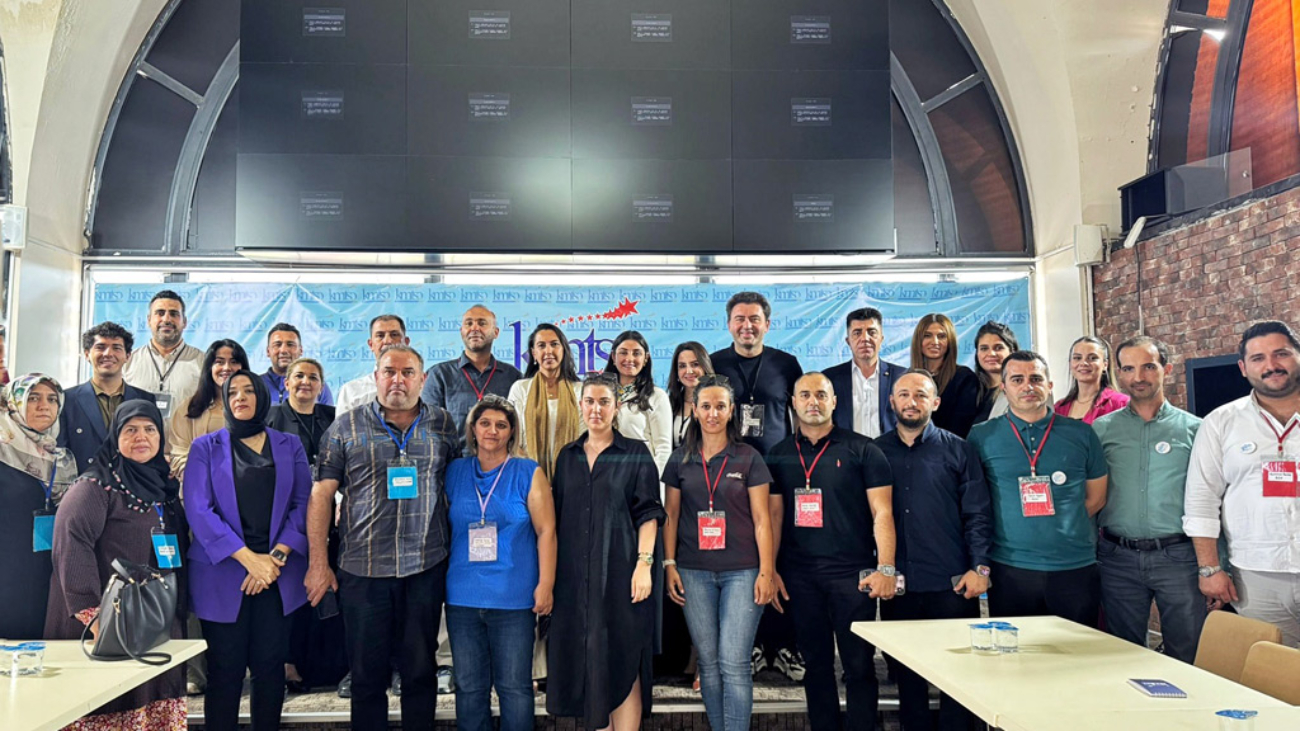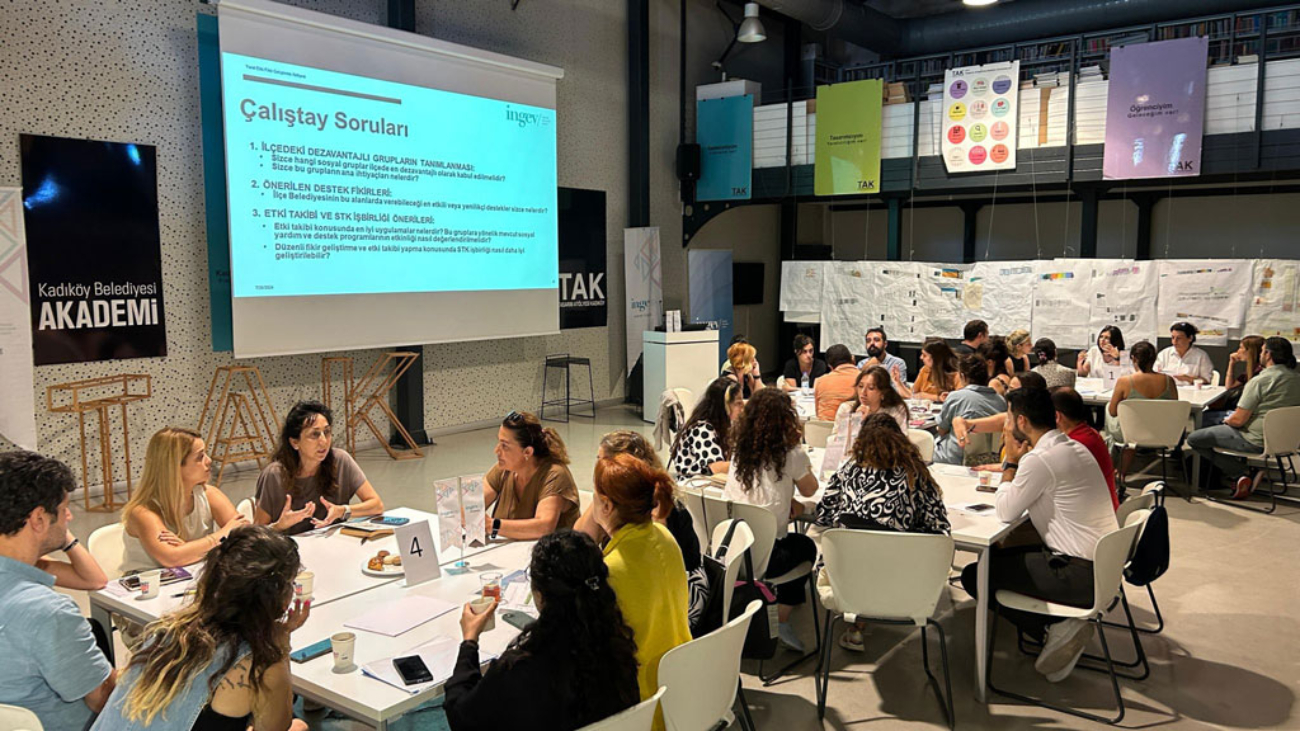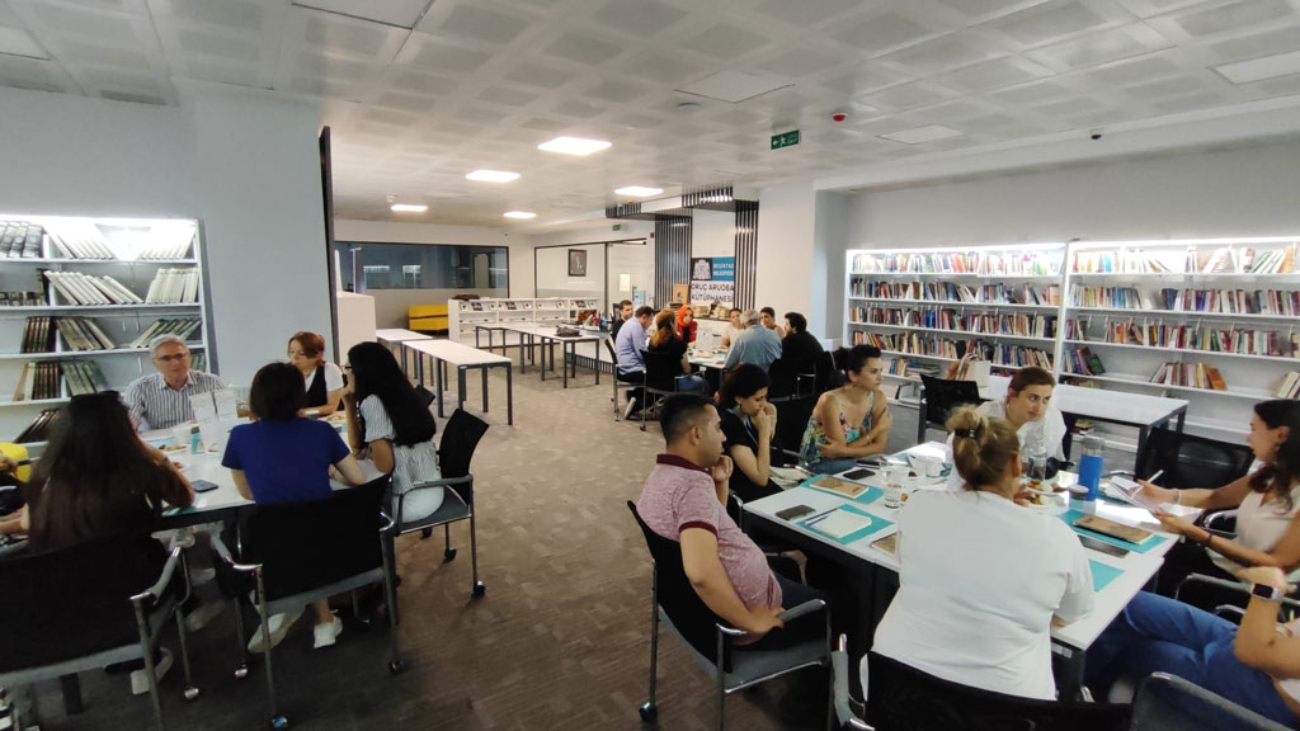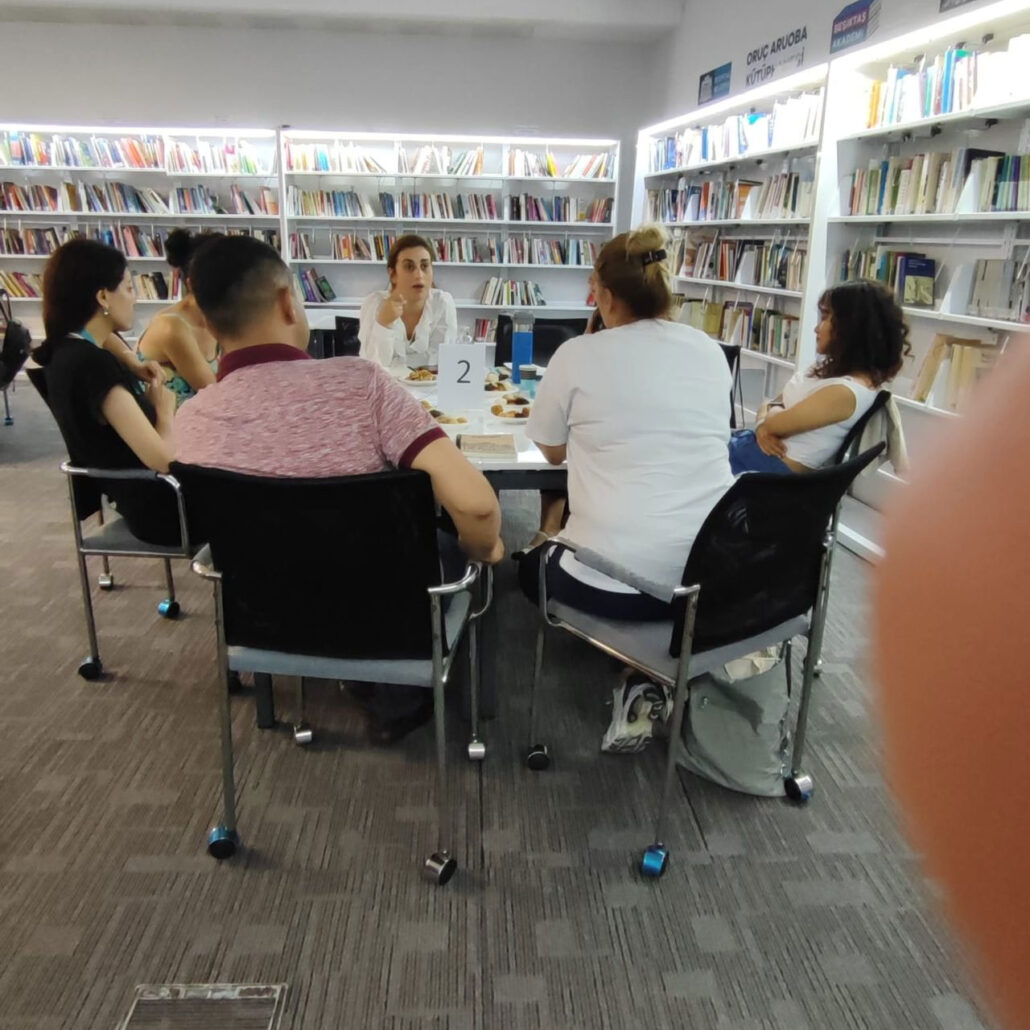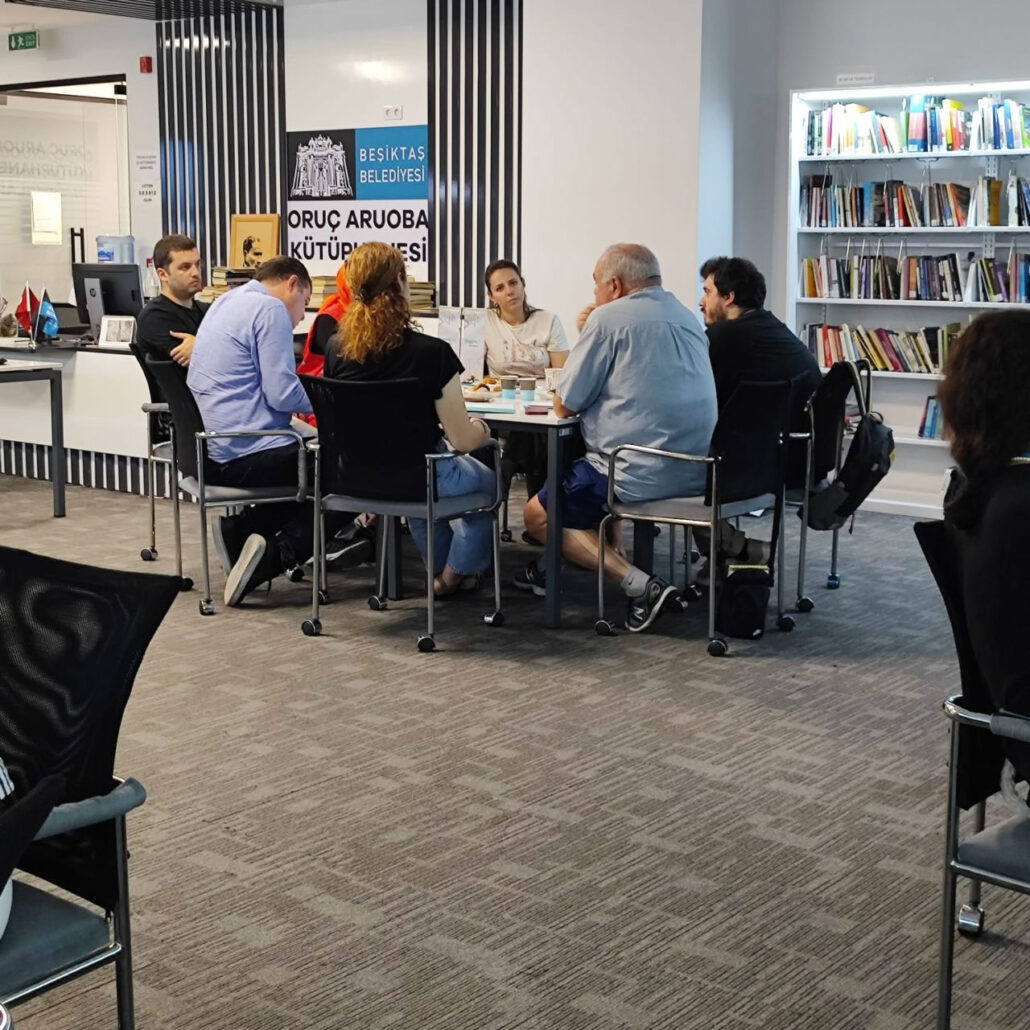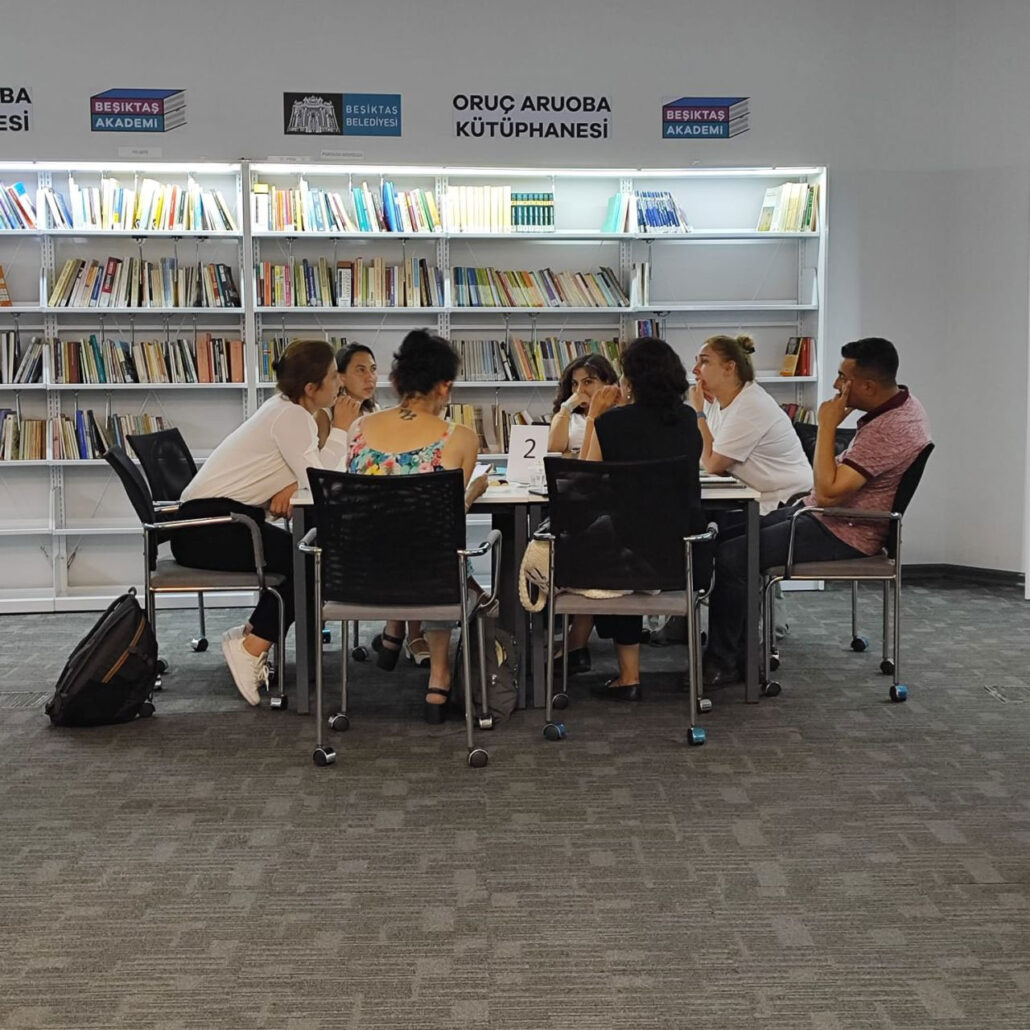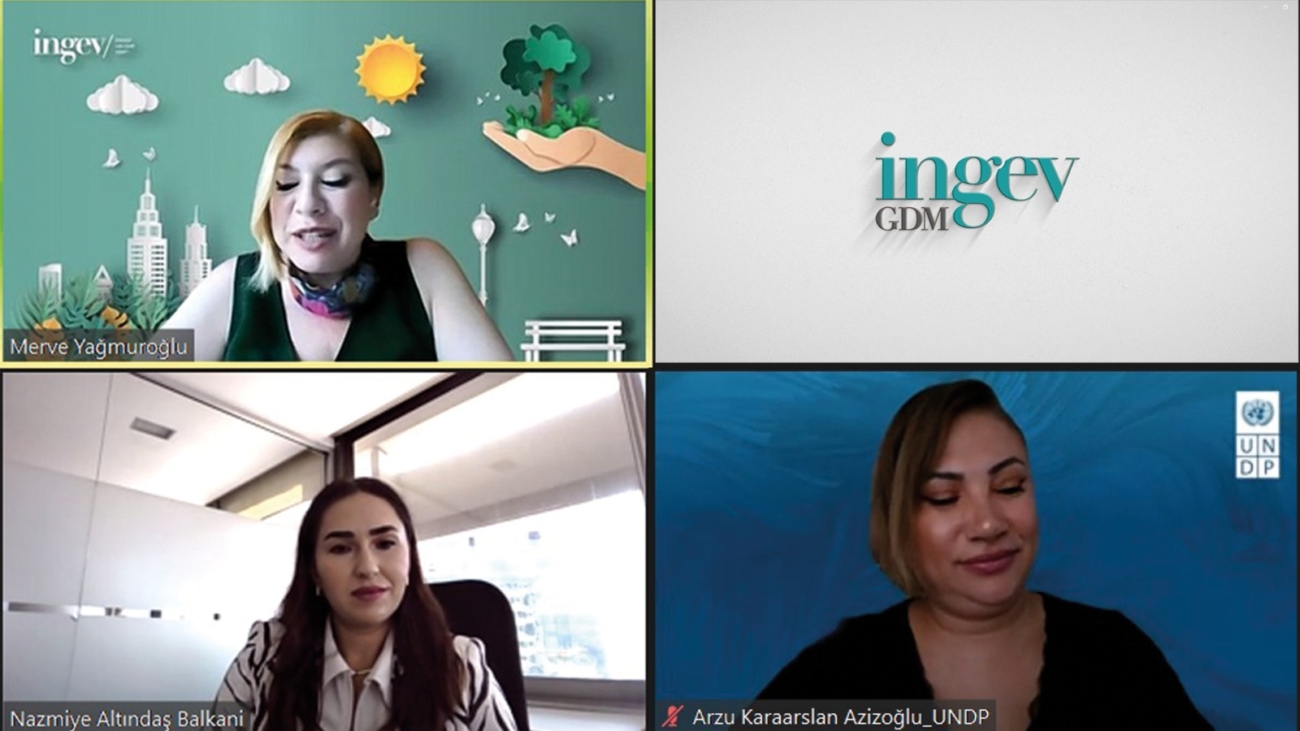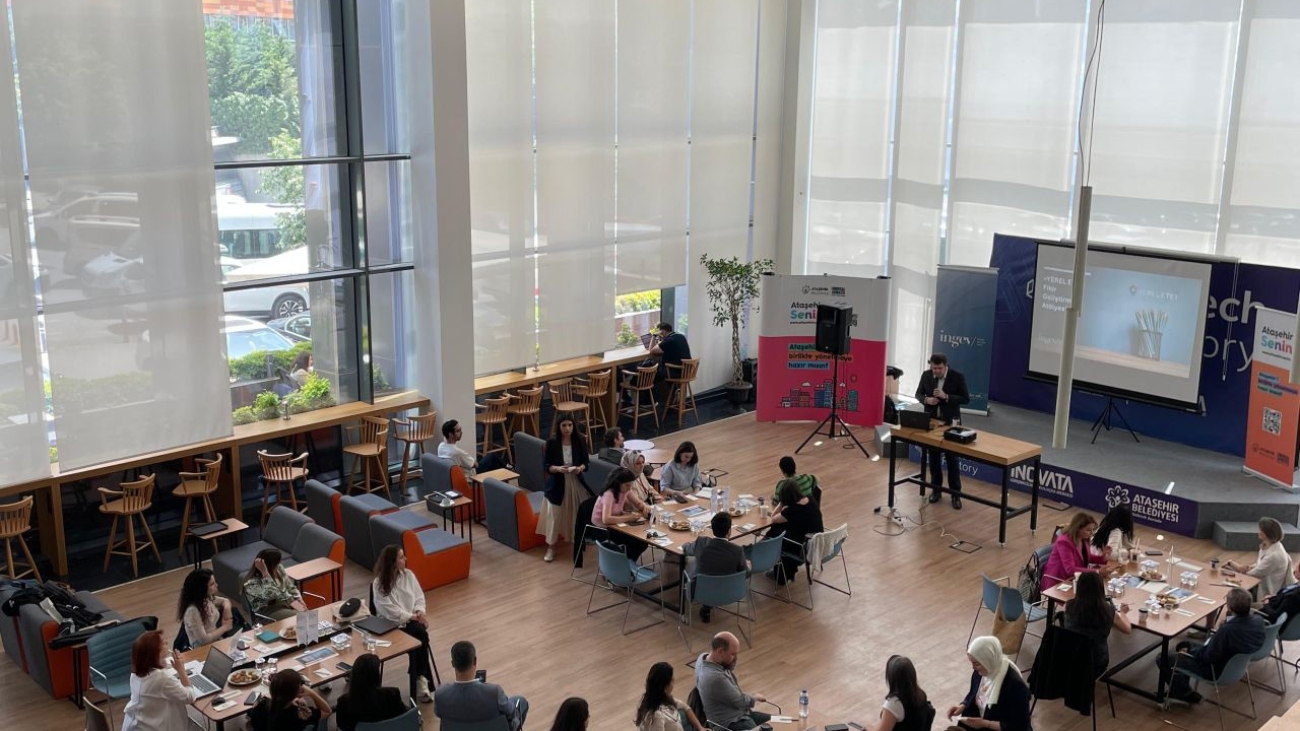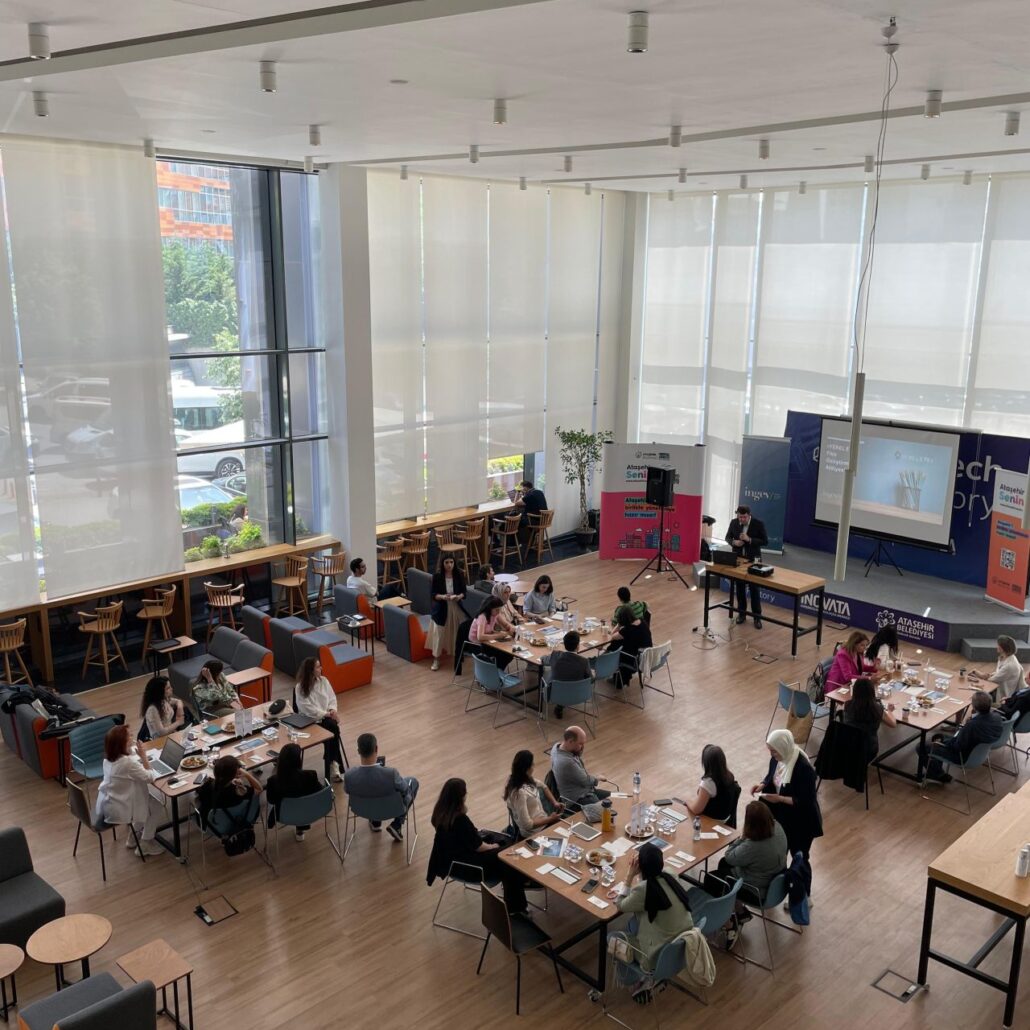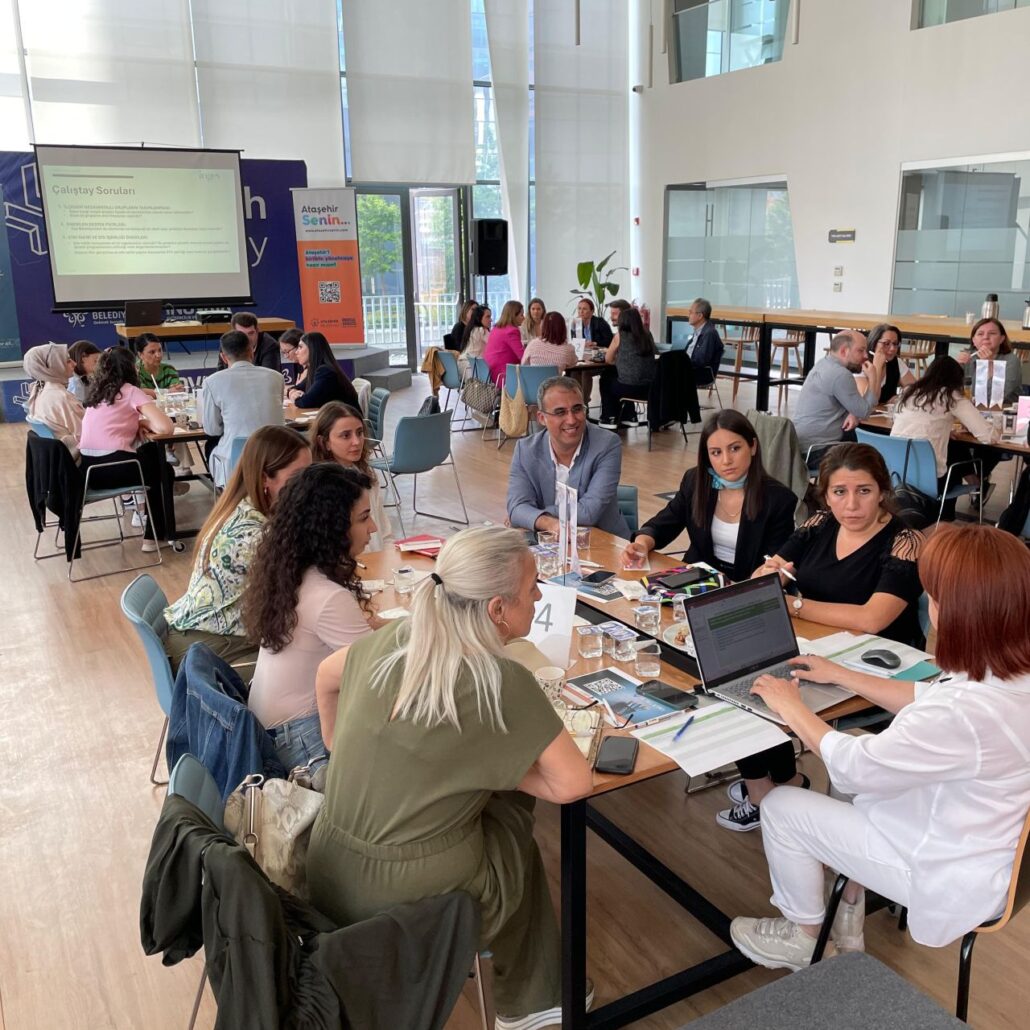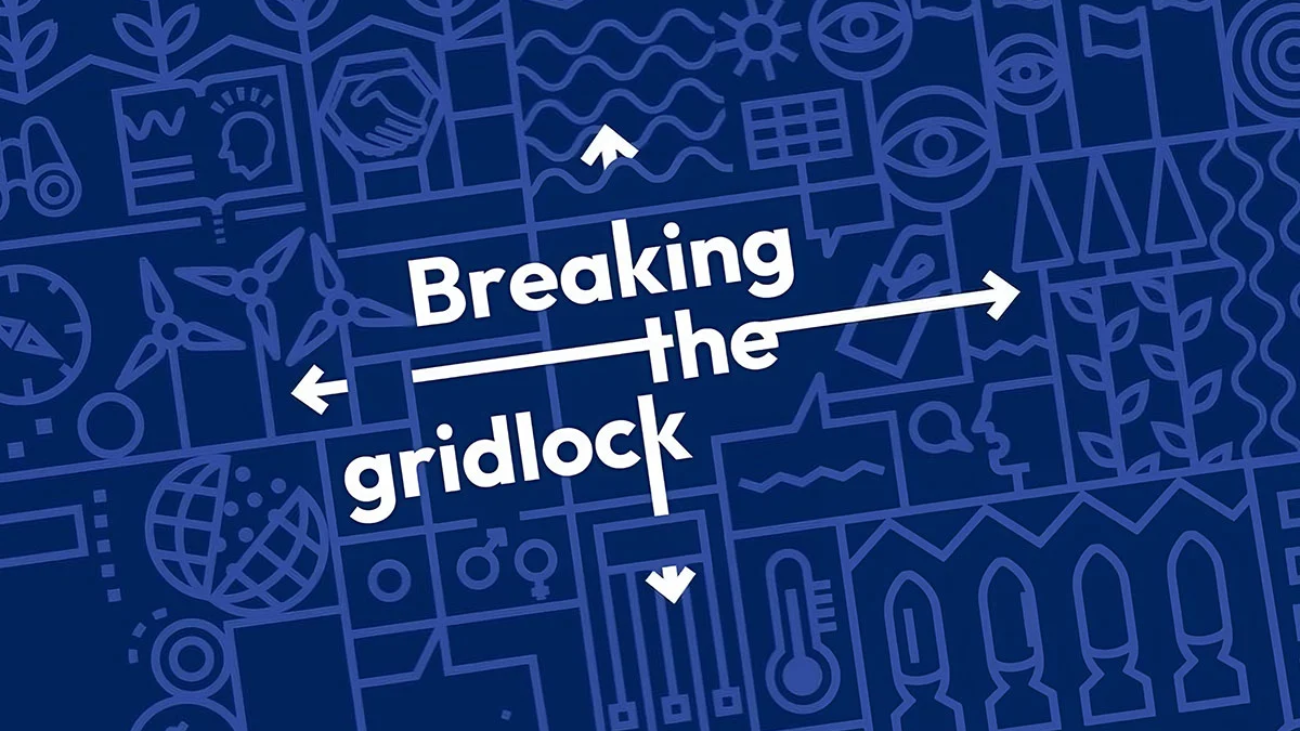Despite being the epicenter of the earthquake and suffering massive destruction, Kahramanmaraş proudly showcases its determined efforts over the past 1.5 years to erase the traces of the disaster.
The city’s prominent industrial sector, acting as a driving force in the region, along with the development plans guided by visionary economic actors, and construction activities aligned with these plans, have made Kahramanmaraş one of the fastest-recovering cities among those affected by the earthquake.
A few examples of the efforts to restore normalcy in the city include container shops set up along the roads, shielding construction sites, and allowing commercial activities to continue as before. Women entrepreneurs from various sectors and businesses, including retailers and manufacturers, stand out for their resolute efforts in this recovery process.
The Eleleyiz project, aiming to strengthen these efforts with new commercial connections following various capacity-building activities, supported them once again by organizing a supplier-buyer event in Kahramanmaraş.
We would like to extend our gratitude to the Kahramanmaraş Chamber of Commerce and Industry and TOBB Women Entrepreneurs Council for their limitless support in providing the venue, logistics, and local suppliers and entrepreneurs from the very beginning of the event’s planning process. Special thanks to Mr. Yunus Atmalı, Secretary General, and Mr. Fehmi Çakıroğlu, Deputy Secretary General, who have dedicated themselves to shaping the city’s economic development efforts with an innovative vision, and to Ms. Betül Zabun Kenger, President of the Women Entrepreneurs Council.
We also express our thanks to Gökhan Çopuroğlu from Migros, Muhammed Mavibaş from g2m, and Okan Aktuğ from Coca-Cola Eastern Mediterranean Regional Office, for not leaving us alone at this event and sharing their knowledge and insights with our entrepreneurs from both supply and purchasing perspectives. We hope that the collaboration and solidarity networks we have established for the economic empowerment of vulnerable groups in the earthquake region continue to grow hand in hand!



